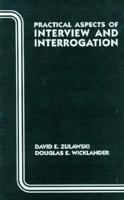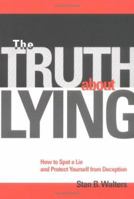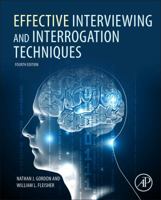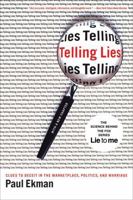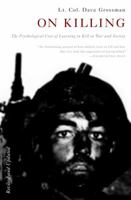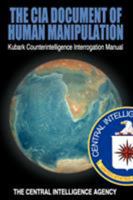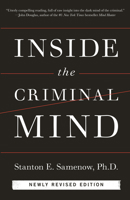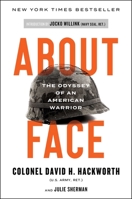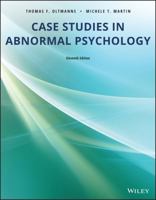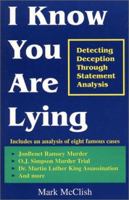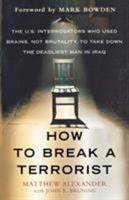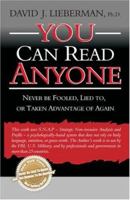Branching Out: Finding Direction for Your Life
Select Format
Select Condition 
You Might Also Enjoy
Book Overview
In Branching Out, Author Chris Bengivengo explains how our individual karma determines the circumstances of our life, and how we can affect our future simply by living with a higher moral standard. Karma and karmic consequence is not a matter of religion or faith; it is a universal law that is always present, like the law of gravity that holds you to the surface of the planet. It goes on working if you believe in it or not, and determines the quality of your life on a moment-by-moment basis. If you place your toe into the water at the edge of a calm pond, a ripple will be generated that will expand and travel across the surface to the other side, where it will be reflected off the shore and eventually return to the point it began. This ripple effect exemplifies what happens on the spiritual plane in regard to how you live your daily life. It is not fate or chance, but what you think, say, and do, in any given moment of your life that determines the quality of the moments that follow.What has been your experience? Have your thoughts, words, and deeds brought you happiness, or are you feeling unfulfilled and still longing for something more? Have you noticed that the times in your life where you have given unselfishly of your possessions, time and energy, bring the greatest rewards? There is a force at work when you exercise a compassionate approach to life, one that can manifest great happiness if only you allow it to do so. In Branching Out Chris shares long proven truths of how to live more compassionately and in harmony with your true life purpose, and by doing so, improve your daily life circumstances, as well as those of everyone you love.
Format:Paperback
Language:English
ISBN:1478122536
ISBN13:9781478122531
Release Date:December 2012
Publisher:Createspace Independent Publishing Platform
Length:164 Pages
Weight:0.43 lbs.
Dimensions:0.4" x 5.3" x 8.0"
Related Subjects
Clinical Criminal Law Criminology Forensic Medicine Forensic Science Health, Fitness & Dieting Health, Fitness & Dieting Internal Medicine Law Law Enforcement Medicine Political Science Politics & Government Politics & Social Sciences Psychology Psychology & Counseling Public Affairs & Policy Social Sciences Social Services & Welfare TextbooksCustomer Reviews
7 customer ratings | 5 reviews
There are currently no reviews. Be the first to review this work.













